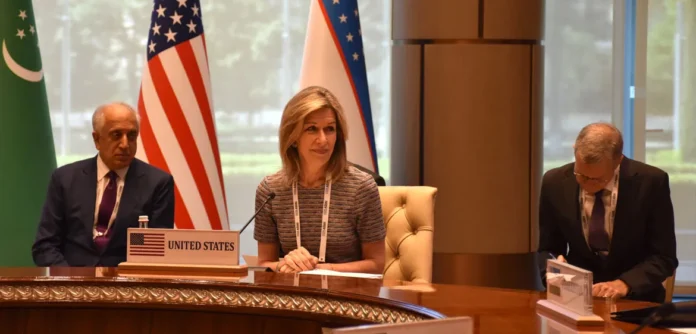Author: Ravale Mohydin
Affiliation: TRT World Research Centre
Organization/Publisher: TRT World Research Centre
Date/Place: July 30, 2021 / Istanbul, Turkey
Type of Literature: Paper
Number of Pages: 8
Keywords: Pakistan, US, Bilateral relations, Kashmir, War on Terror, Afghanistan, Strategic Alliance, Geopolitics
Brief:
This policy outlook paper details the Pakistan-US relations and how the present situation in war-torn Afghanistan is an opportunity to set the relations back on track. The two countries have been allies in Afghanistan, however Washington has been persisting with Islamabad “to do more”, accusing it of giving space to Taliban members. Pakistan has lost at least 70,000 of its citizens due to the war in its neighborhood. When Pakistan became an independent nation, independent states were deciding whether or not to join the two blocs: the Soviet Union or the US-led Western bloc. “Pakistan was wooed by the US due to having ‘important symbolic value as an ally both as the then-largest Muslim country with a salient geopolitical location’,” and as a link in the chain of nations that were part of containment policy against the Soviet Union. In return, Washington extended support to Pakistan over Kashmir and Islamabad’s support to Afghanistan against the Soviet Union. Financial and military support continued until the late 1980s, and things started to go bad when America stopped its sale of military hardware to Islamabad. The relationship saw many ups and downs and a trust deficit grew, but soon after 9/11 Washington sought Pakistan’s help in Afghanistan. The author divides the US role in Afghanistan into 4 phases and sees Pakistan as aiding Washington in all spheres. Many US operations in Afghanistan along the Pakistan border and the killing of Osama bin Laden allegedly without the knowledge of Islamabad cemented the trust deficit. However, the exit of the US from Afghanistan which came about only after Pakistan facilitated the Taliban to sit with the US and that resulted in the Doha peace deal has given an opportunity for the two nations to set the relations back on track. The author argues that realignment and the similar views between Islamabad and Washington envisioning a peaceful Afghanistan allows the two to come closer and set things right. Such maneuvering would allow Pakistan to independently define its state and foreign policies.
By: Riyaz ul Khaliq, CIGA Non-resident Research Associate




